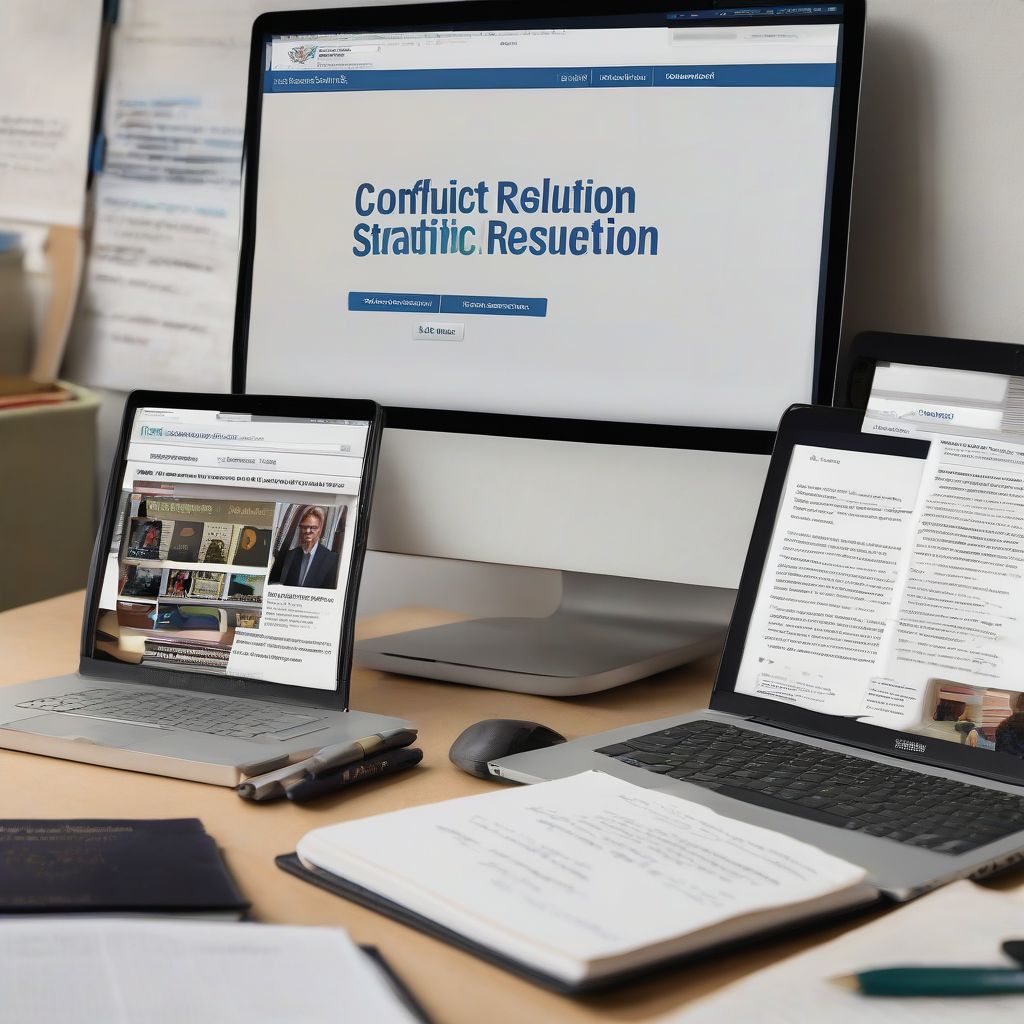“You can’t please everyone.” It’s an adage as old as time, and it rings especially true in the world of nutrition coaching. You’re passionate about helping people achieve their health goals, but navigating the complexities of human behavior and expectations can sometimes feel like navigating a minefield. Even with the best intentions and a wealth of knowledge, you’re bound to encounter a difficult client at some point.
Maybe they’re constantly questioning your methods, resistant to change, or perhaps they’re perpetually unhappy with their progress. It’s easy to feel frustrated, discouraged, or even defensive in these situations. But remember, your ability to handle these challenges effectively is just as crucial as your nutrition expertise.
This article will equip you with proven strategies to resolve conflicts constructively and foster positive, productive relationships with even the most challenging clients.
Understanding the Root of the Problem
Before you can effectively handle a difficult client, it’s crucial to understand the “why” behind their behavior. Are they:
- Lacking clarity? Misunderstandings about your program, communication methods, or expected outcomes can easily lead to frustration and conflict.
- Fearful of change? Making significant lifestyle adjustments can be daunting. Fear of failure or the unknown can manifest as resistance or negativity.
- Struggling with external factors? Stress, personal issues, or financial constraints can significantly impact a client’s mindset and motivation, leading to difficulty adhering to the program.
- Simply a personality mismatch? Sometimes, despite your best efforts, personalities clash. Recognizing this early on can save you both time and frustration.
 Nutrition Coach Handling Client Conflict
Nutrition Coach Handling Client Conflict
Proactive Strategies for a Smoother Journey
Prevention is always better than cure. Implementing these strategies from the get-go can minimize the likelihood of encountering major roadblocks:
1. Set Clear Expectations & Boundaries
- Detailed Welcome Packet: Provide a comprehensive guide outlining your coaching philosophy, program details, communication protocols, and what clients can expect from you (and what you expect from them).
- Clearly Defined Scope of Work: Specify what your services include and, importantly, what they don’t. This prevents scope creep and misunderstandings later on.
- Client Agreement: A signed agreement outlining terms and conditions, cancellation policies, and payment schedules ensures everyone is on the same page.
2. Master the Art of Communication
- Active Listening: Pay attention, ask clarifying questions, and reflect back what you hear to ensure you truly understand their concerns, needs, and perspectives.
- Empathy is Key: Put yourself in their shoes. Acknowledge their feelings (even if you don’t agree with them) and validate their experiences.
- Regular Check-ins: Consistent communication helps you stay attuned to their progress, identify potential roadblocks early on, and address minor issues before they escalate.
3. Build a Strong Foundation of Trust and Rapport
- Be Authentic and Approachable: Show your human side. Share relatable experiences (while maintaining professionalism) to build connection and trust.
- Celebrate Small Wins: Acknowledge and celebrate their efforts and achievements, no matter how small. Positive reinforcement goes a long way in building confidence and motivation.
Navigating Conflict: De-escalation Tactics
Even with the best preventative measures, conflicts can still arise. Here’s how to handle difficult situations with grace and professionalism:
1. Don’t Take it Personally (Even if it Feels Personal)
- Remember, It’s Not Always About You: Their behavior might stem from personal struggles, past negative experiences, or communication styles that differ from yours.
- Stay Calm and Composed: Responding emotionally will only escalate the situation. Take a deep breath, pause, and gather your thoughts before responding.
2. Seek to Understand, Then to be Understood
- Create a Safe Space for Open Dialogue: Initiate a conversation in a private setting. Use phrases like, “I hear that you’re feeling frustrated,” or “Help me understand what’s not working for you.”
- Focus on Finding Solutions, Not Placing Blame: Frame the conversation around collaborative problem-solving. Ask, “What can we do to make this work better for you?”
3. Set Clear Boundaries with Kindness and Assertiveness
- Don’t Be Afraid to Say No: If a client’s demands are unreasonable, fall outside your scope of work, or compromise your professional ethics, politely but firmly decline.
- Reiterate Your Policies and Expectations: Remind them of the agreed-upon terms and conditions outlined in your client agreement.
4. Know When to Walk Away
- Sometimes, It’s Best to Part Ways: If a client consistently disrespects your boundaries, refuses to engage in productive communication, or creates a toxic dynamic, it might be in your best interest to end the coaching relationship.
Essential Resources for Nutrition Coaches
- International Coaching Federation (ICF): Offers valuable resources, training, and ethical guidelines for coaches.
- The Gottman Institute: Renowned for their research on relationships, they provide insights and techniques for effective communication and conflict resolution.
- [Books on Conflict Resolution]: Explore titles like “Crucial Conversations” or “Difficult Conversations” for practical strategies to handle challenging interactions.
 Books and Resources on Conflict Resolution
Books and Resources on Conflict Resolution
[amazon bestseller=”conflict resolution”]
Mastering the Art of Client Relationships
Remember, your role as a nutrition coach extends beyond providing meal plans and exercise regimes. You’re a guide, a mentor, and a source of support. By mastering the art of communication, setting clear expectations, and navigating conflicts constructively, you can build stronger client relationships, create a more positive coaching environment, and ultimately, make a more significant impact on the lives of those you serve.
